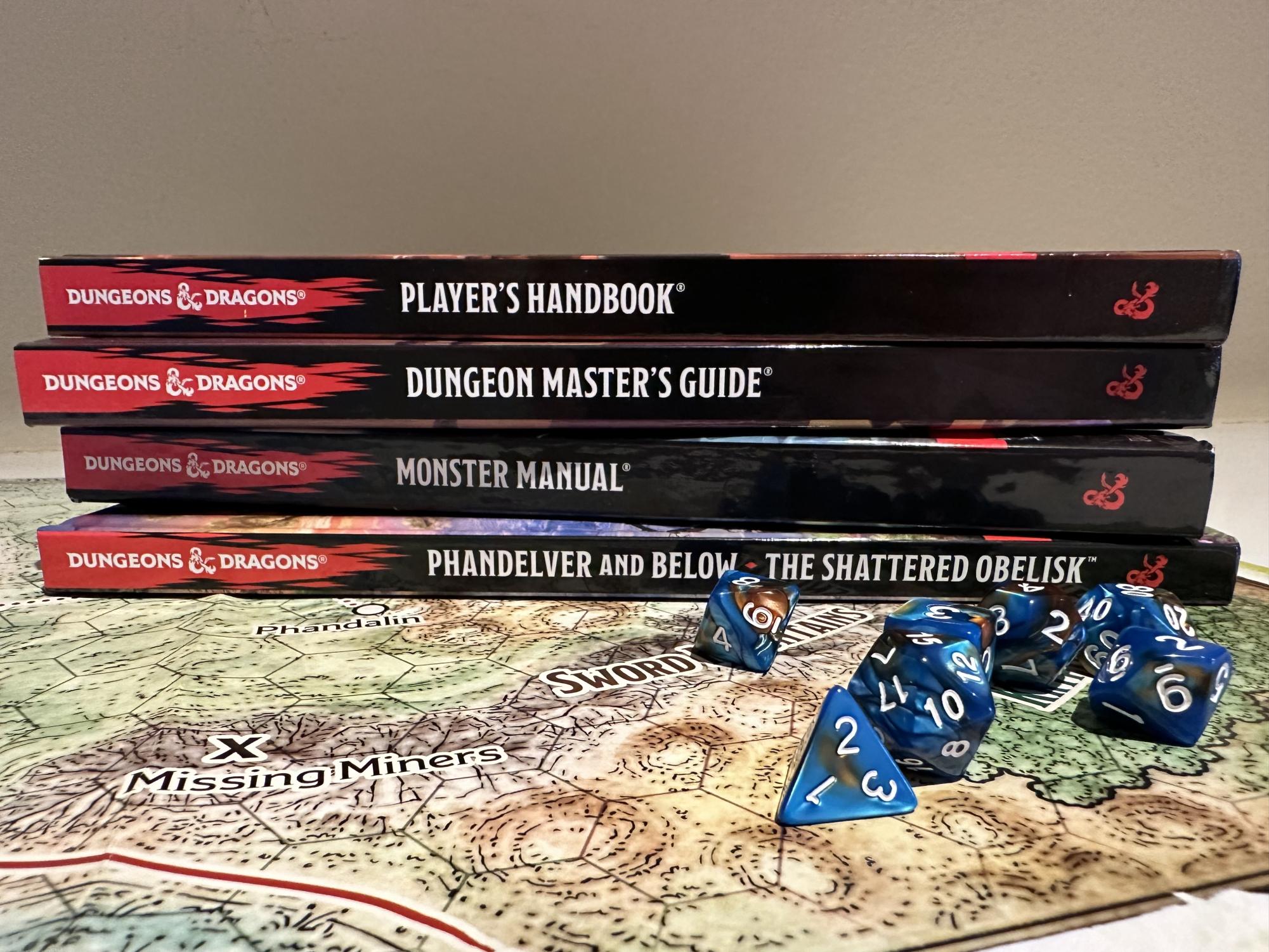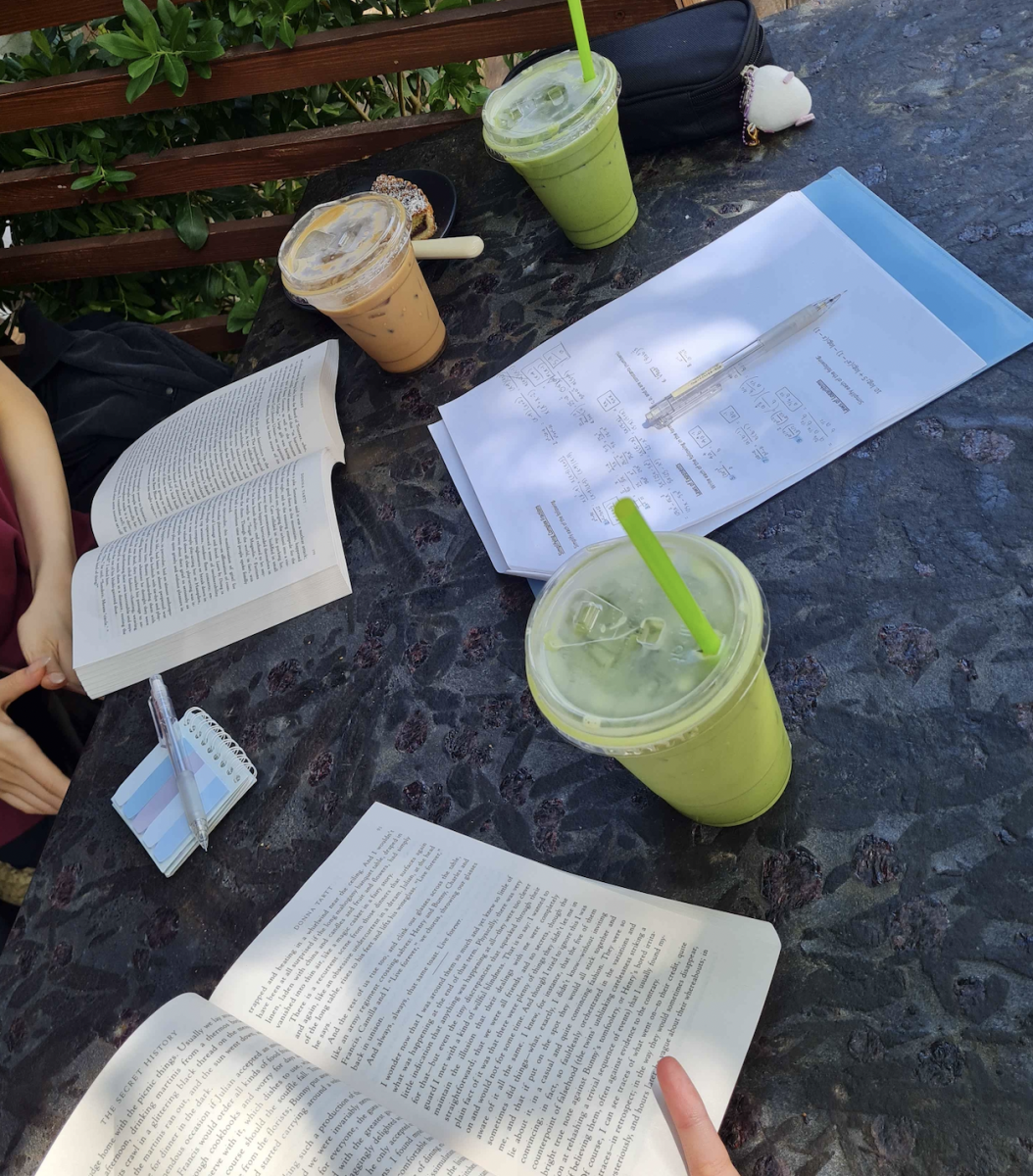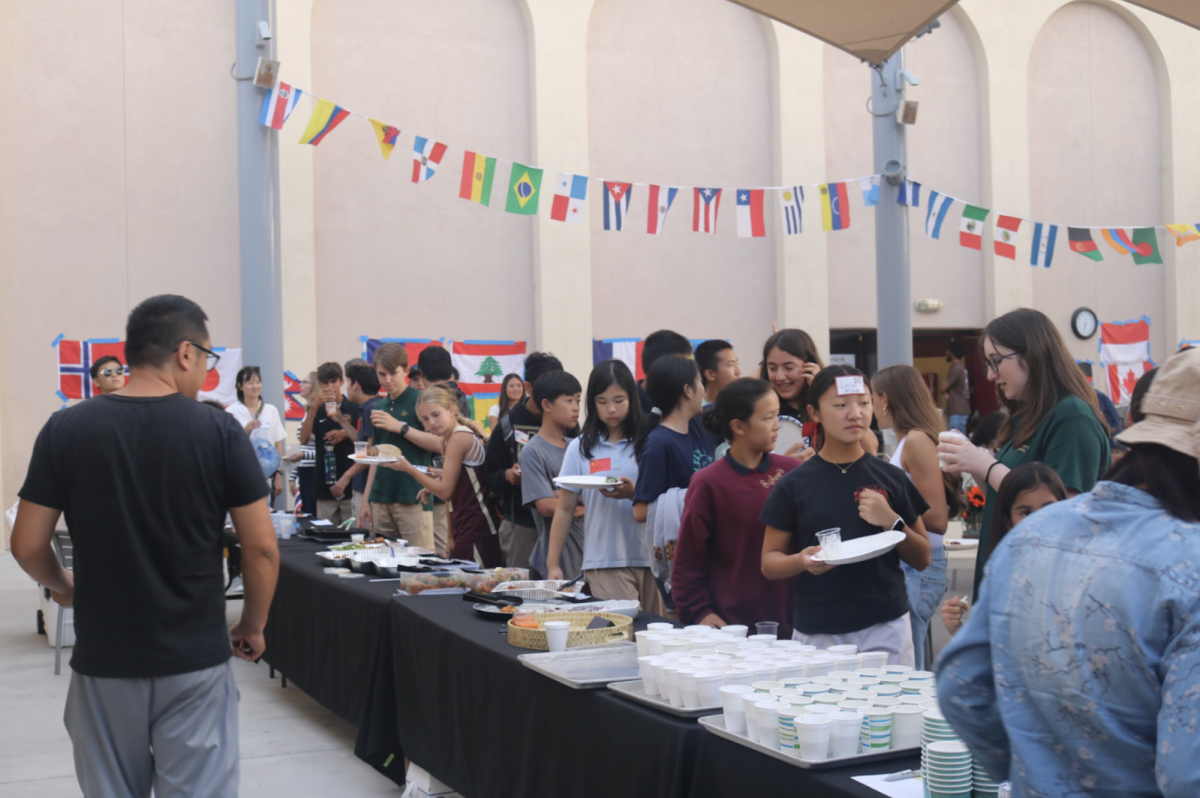For every book you read, movie you watch, or fandom you participate in, there often seems to be someone telling you why you’re a fake fan. If you listen to music, you must not be serious about it because you don’t know why a phrase in one of the artist’s more obscure songs relates to a moment in their life five years ago. If you play video games, you must not be very good because you needed to ask one of your friends for a hint on an absurdly hard level you’d been stuck on for hours. If you watch a TV show, you can’t fully appreciate it because you haven’t read the original 60-page script of episode 74 out of 400.
This practice, known as “gatekeeping” — which Collins Dictionary defines as “the practice of controlling access to information, advanced levels of study, elite sections of society, etc” — has come to be applied to many things over the years, but that doesn’t mean it’s practiced by everyone.
The word “gatekeeping,” though it is also used for hobbies and activities, is commonly associated with withholding products. As Emma Madany (‘24) explained, “in a skincare video, someone will ask ‘oh, what product is that?’ and no one will tell them.” Withholding information that would allow someone to purchase an item is a prime example of gatekeeping.
In the context of hobbies, gatekeeping means something slightly different. To Selene Wang (‘25), a Star Wars, Marvel, and Taylor Swift fan, gatekeeping is “when a certain set of people already in a group put a set of rather unachievable requirements for someone else to participate in that group or to be considered a ‘true fan.’”
Selene has noticed this in the Star Wars fanbase especially, saying “you get judged if you join it later,” and that there’s a “mentality of ‘if you like the sequels you must die’… although I kind of agree with that one, but not to that extent.” While the sequel trilogy — episodes VII, VIII, and IX — is almost universally hated by fans due to the accusations of an inconsistent plot that undermines the previous movies, Selene still feels that that doesn’t mean those who do enjoy it cannot be a part of the community.
She also added that “if you join the fandom later, you have to catch up on all the previous material to be considered a true fan,” and you aren’t allowed to just enjoy the material in the era that it’s in.
This mentality of needing to know everything about a property or person is especially prevalent in the Swiftie — or Taylor Swift fan — community, said Selene. “I sometimes feel like a fake fan when I talk about Taylor Swift because I like her music, but that doesn’t mean I need to know every detail about her personal life, or why a certain song has a certain lyric and what relationship that references.”
Linus Banta (‘25), who plays Dungeons & Dragons (D&D) and enjoys video games, has also observed what he refers to as “soft gatekeeping,” or gatekeeping that isn’t too egregious but is still noticeable. “Sometimes there’s soft gatekeeping, where Youtube videos will use complicated jargon that you don’t really understand and isn’t necessary,” he said, which leads to people feeling left out who want to understand the subject of the video.
Sometimes the sentiment perpetuated by gatekeeping can still be there, even if people aren’t actively excluding anyone. Emma explained that she doesn’t observe people actively hiding access to products or hobbies, but she sees a lot of “people who are sad stuff is getting bigger.” Emma explained that she has seen this happen in the K-Pop fan community, where people will get upset when their favorite artist gets more popular.
“My experience with gatekeeping is more in fandom culture,” she clarified, “and what I’m thinking is ‘why are you sad that the people you support and want to see do well are successful?’” Her opinion is that “The people you’re supporting are people too, it’s good that they’re successful and getting bigger.”
Linus believes that not only is sharing in a fandom or hobby good for the people artists and creators you’re supporting, but also the fans themselves. “A lot of hobbies will benefit from new minds,” he asserted. “Having more people doing something can help improve it. For example, the NES [Nintendo Entertainment System] Tetris scene,” where a large influx of players has led to people reaching unprecedented high levels.
Chemistry and Environmental Science Teacher and Swiftie Ms. Kaitlin Douglass added that sharing hobbies and interests has many benefits, and in fact, she doesn’t see any downsides — the people who are gatekeeping are the ones creating problems. “The more the merrier. The world is very divisive and we have a lot of serious things to be divisive over, so why create trouble out of something that shouldn’t be that serious?”
There are several theories as to why people gatekeep. Emma believes that it’s because “you want to feel unique and special,” but that it is not a good justification. “If something’s popular it’s because it’s good and lots of people like it.”
She also acknowledged that sometimes “people will stop liking something because the ‘fans ruined it,’ and they want to protect their hobby.” Ironically, she has had these same trains of thought, but about gatekeepers. “Sometimes frustrations with a fandom make me dislike the group, but I try to move past that.” But she has one simple fix for this: “Just appreciate the thing! Forget the culture around it.”
With hobbies that can be engaged with at a competitive level — like playing video games or solving Rubik’s cubes — Linus acknowledged that “If a bunch of people as a part of the competitive scene of something see the casual scene, they might start gatekeeping it.” In this situation, gatekeeping doesn’t come so much from malice or fear, but from obliviousness.
Unfortunately, gatekeeping can also be gendered. An article published as part of a Deviance and Youth Subcultures course at Grinnell College said that “Participation in fan culture is often gendered, and a given fan activity’s place in internal hierarchies is often correlated to the gender of the participants … and the gendered stereotypes associated with each type of fandom is reflected in whether those who engage in those activities are treated as ‘serious’ fans.”
According to Ms. Douglass, one possible way to avoid being around gatekeepers is to participate in fandoms in person with your friends, since “I think a lot of this happens on social media, not necessarily face to face with your friends.”
Linus agreed and gave the example of Reddit, “where people will say ‘oh, you don’t have the experience, you’re not a real fan,’ or people will disregard other people’s opinions because they don’t play at a competitive level.” He also pointed out that shaming someone for not having experience doesn’t make sense, as they will not get experience if they don’t participate in the activity.
He added that “If a group of friends starts doing something and they don’t interact with other stuff online, there’s not really a chance for any gatekeeping to happen.” For example, “Eddie Hunter [‘25] — who I play D&D with — got a D&D starter set and said ‘Hey, do you guys wanna play D&D with me and try that out’ and so we all started doing it and learning it at the same time.”
But as long as fandoms and hobbies persist and social media continues growing, it doesn’t seem like gatekeeping is going anywhere. Selene concluded that “gatekeeping isn’t a crime, but it’s annoying and it’s frustrating and I feel like we should all be more embracing of new people who want to join our activities.”









